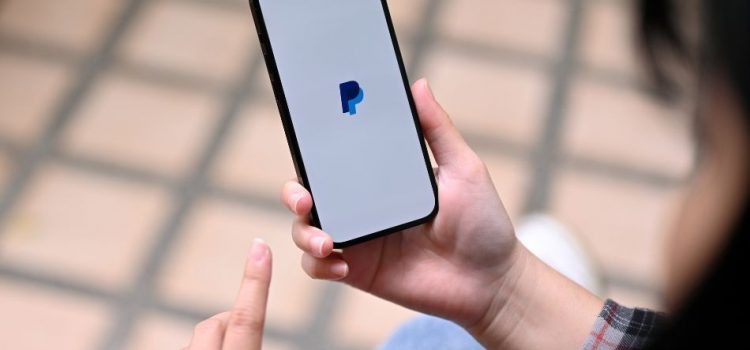Mobile payment apps have impacted our lives in countless ways. Instead of needing to carry cash and break big bills to split restaurant tabs, someone just puts it on their card and everyone “Venmos” them their share.
Venmo and other apps, such as PayPal and Zelle, also make it easier for roommates to split expenses, for parents to send a few extra bucks of spending money to their kids, and for you to pay the babysitter or dogwalker or chip in for someone’s birthday presents. But how might it affect your divorce?
In certain ways, it can be very helpful. Divorce is often messy both personally and financially, and divorce courts want each spouse to be transparent in their finances so they can make the most equitable split of assets.
Payment apps foster this by providing an easy-to-track record of financial transactions. And just as Venmo — by far the most popular app — can help a group of friends divide up a bar tab, it can also help a divorcing couple pay their share of the mortgage and facilitate child support and alimony payments. This all helps avoid fights over who paid for what.
Still, there are potential issues. One is privacy. Venmo transactions are viewable by your “friends” — other people in your social network who are also on Venmo — unless you make your transactions private. A lot of people forget this step, and they risk having financial and other personal information available to the world to see.
Also, Venmo asks you to describe what your payment is for. The way you describe the transaction could create misunderstandings that have implications on your divorce case, so it would be a really good idea to discuss with an attorney how to word these descriptions accordingly.
Meanwhile, you will also want to consult with an attorney about how to document and authenticate your Venmo and other cash app transactions in order to ensure they are admissible as evidence if a dispute arises.
Interested in learning more? Contact an attorney where you live.





